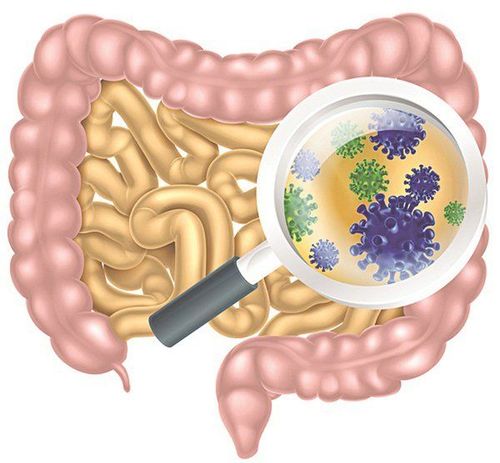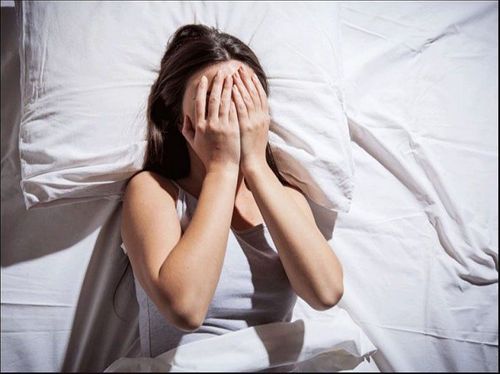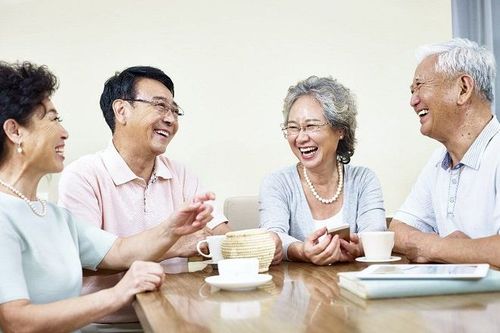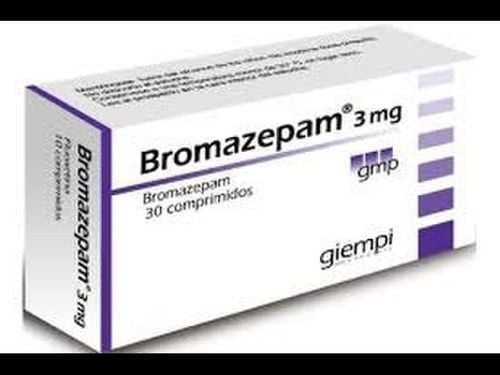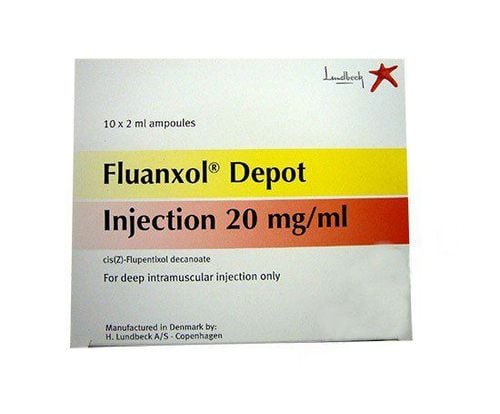This is an automatically translated article.
Elderly people feel bored and hopeless for no apparent reason. Feelings that become overwhelming and begin to affect your life are signs of depression.1. Manifestations of depression in the elderly
Depression is very diverse, with many forms of physical symptoms. Some elderly people with depression don't feel sad at all, but they have signs of discomfort because of the feeling of fatigue, constant pain that doesn't stop. When going to the doctor, it is difficult for doctors to determine whether these symptoms are caused by a physical illness or by depression.Elderly people are more likely to suffer from depression than younger people for many reasons. Experts add that 10% of elderly people in the community have symptoms of depression (1-2% have typical depression). This rate is even higher for people living in special circumstances, such as in nursing homes, who are lonely. Depression is most likely to occur in people who are suffering from physical diseases such as diabetes, cerebrovascular accident, high blood pressure, bones and joints.... Experts estimate that in the elderly, there are medical conditions. In such entities, the rate of depression can account for 20-35%.
2. How to recognize depression in the elderly?

Khi người cao tuổi trầm cảm dễ rơi vào trạng thái biệt lập, cô độc do tự ti
Recognizing depression in the elderly is not always easy, however there are some decisive signs that need attention. The most important sign of depression is personality changes. People with depression begin to feel reduced attention, loss of interest in activities, objects, loved ones that they used to care about and cherish. Elderly people with depression often show signs of separation from social activities as well as other pastimes.
When depressed elderly people easily fall into a state of isolation and loneliness due to low self-esteem. They often find it difficult to put their feelings into words, so the people around them don't realize their insecurities. When they try to express their feelings related to depression, they often focus on other topics. For example, they complain of financial worries, problems getting along with family members, and most often health problems.
Other signs include loss of energy and feeling worthless. They often express in general terms their dissatisfaction in the present life, for example: “I have nothing left to look forward to”.
The patient may become more irritable or sad than before, may cry or feel like crying. They often feel more anxious, especially about health-related issues, and find it difficult to concentrate and make decisions. They often blame themselves, “I can never do anything right”.
Some elderly people with depression don't say anything about how they feel. They may think that feeling miserable is a normal part of the aging process so they don't think there's anything to complain about, see these feelings as a disease of old age, and can't do anything about it. can be changed.
3. Causes of depression in the elderly
The majority of elderly people have an optimistic, happy and useful spiritual life for society despite the biological - psychological - social changes in their person, only a few people have problems. about depression simply because they are more susceptible than other people.Life-changing events: retirement, change of residence, loss of property, spoiled children, family separation, death,... are all possible causes. very strong for the elderly.
Physiological and biochemical factors: Scientists believe that depression can be caused by a biochemical imbalance of substances in the body as people age. This process takes place in the brain of an aging person, and medication corrects the balance of these chemicals. Medicines and alcohol: Medicines used to treat body diseases of the elderly can cause many adverse side effects, the more drugs are taken, the more side effects occur. Some drugs cause depression side effects such as high blood pressure medicines, tranquilizers, pain relievers, sleeping pills, ..... Sometimes taking many drugs for different diseases will interact with with each other and have a beneficial interaction, but also have an adverse interaction and cause depression. Drinking too much alcohol is also a cause of depression. Drinking alcohol and taking other drugs also cause adverse interactions, which occur and make depression worse. The physical diseases associated with depression are a particular situation in the elderly: When the elderly suffer from physical diseases such as cerebrovascular accident, thyroid disease, diabetes, high blood pressure, hemorrhoids. ... then these physical diseases can become obsessions of the elderly, incur no cure, very often manifestations of depression such as anxiety, pessimism, doubt, irritability, appear vicious state, depression makes physical diseases worse and vice versa. Vitamin deficiency in the diet, sedentary, especially in people with disease in the motor organs is also a cause of depression in the elderly. Sometimes the symptoms of physical illness mask symptoms of depression, making diagnosis in the elderly more difficult. Genetic factors: in some people depression can be a genetic disease, when a relative with depression, that person is also prone to depression.
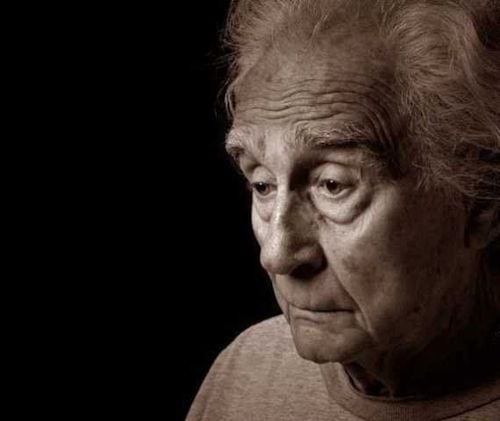
Các loại bệnh tật cơ thể đồng hành cùng với trầm cảm là một thực trạng đặc thù ở người cao tuổi
4. What to do when the elderly are depressed?
Elderly people need care both physically and mentally. When signs of depression need to be detected and treated promptly. Elderly people need to adhere to an appropriate psychological examination program, helping to improve symptoms better and better.Psychological Health Clinic - Vinmec Times City International General Hospital has the function of examining, consulting and outpatient treatment of psychological and mental health problems. With modern equipment, Vinmec Mental Health Clinic is currently cooperating with experienced professors and experts:
MSc. Doctor Nguyen Van Phi - Psychology Specialist, Vinmec Times City International Hospital: with 07 years of experience working as a lecturer at Hanoi Medical University and a member of the Vietnam Psychiatric Association Male. MSc. Dr. Pham Thanh Luan - Psychiatrist, Vinmec Times City International Hospital: with 05 years of experience in researching, examining and treating diseases of the Psychology specialty, trained at prestigious universities trust, practice in-depth expertise in the French Republic. MSc. Doctor Nguyen Trong Hien - Psychiatrist, Vinmec Times City International Hospital: with 06 years as a lecturer in Psychology - Hanoi Medical University and Central Geriatric Hospital with the same experience Researching, examining and treating diseases under the specialty of Psychology such as: Emotional disorders, Stress related disorders and body dysmorphic disorders, developmental disorders in children, adolescents & childbearing period. ... Along with the implementation of psychological tests, intensive psychotherapy for diagnosis and treatment, in order to bring the best medical examination and treatment effect.
Customers can directly visit Vinmec Times City or contact hotline 0243 9743 556 for support.




